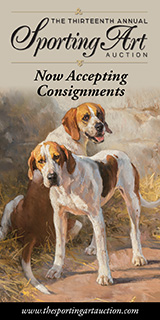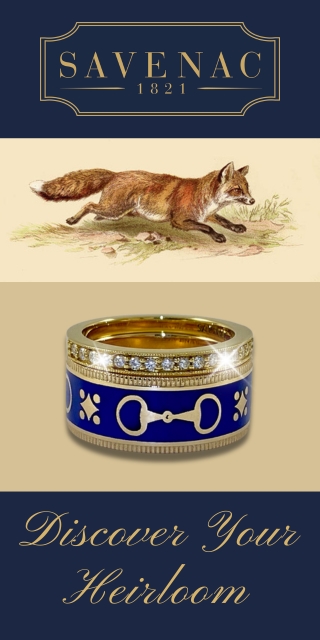The course of civilization was profoundly altered by the domestication of the horse on the steppes of Eurasia some 5,500 years ago. Merchants, soldiers, explorers, and adventurers of all stripes—newly empowered by the horse to gallop rather than walk—expanded trade, warfare, migration of populations, and the transmission of ideas.
To understand the genetic changes wrought by the domestication process, researchers have long wanted to compare the genes of today’s horses to those of ancient wild horses. Since no descendants of the latter have survived, scientists until recently have studied the Przewalski’s horse, the closest extant breed to those ancient horses.
Now, discovery of horses frozen in the Siberian permafrost dating from 16,000 up to 43,000 years ago has given scientists a direct window into the ancient horse and has offered new insights into the process of domestication. Ludovic Orlando of the Natural History Museum of Denmark and his team have examined DNA from twenty-nine of these ancient bones and compared it to DNA from five modern domesticated breeds.
They discovered that some genes present in today’s horses are totally absent from the ancient horses. They opine that these genes are mutations that resulted from the selection processes over the years. One such gene not found in the ancient horse is what they have called the short-distance speed gene present in every racehorse.
The very process of domestication—the selection by humans on attributes such as strength, speed, and biddability—has by its very nature led to inbreeding. Over the five millennia since domestication began, genetic mutations not present in the ancient horses have introduced problems in the modern horse unknown to its wild ancestors.
Some scientists not involved in this study believe that comparison of modern horse DNA to wild horse DNA from around the time that domestication started (about 5,500 years ago) would be a better baseline from which to understand the genetic changes caused by domestication.
Click to see Sharon Begley’s Reuters article in the Christian Science Monitor and the accompanying video.
Posted December 17, 2014

















